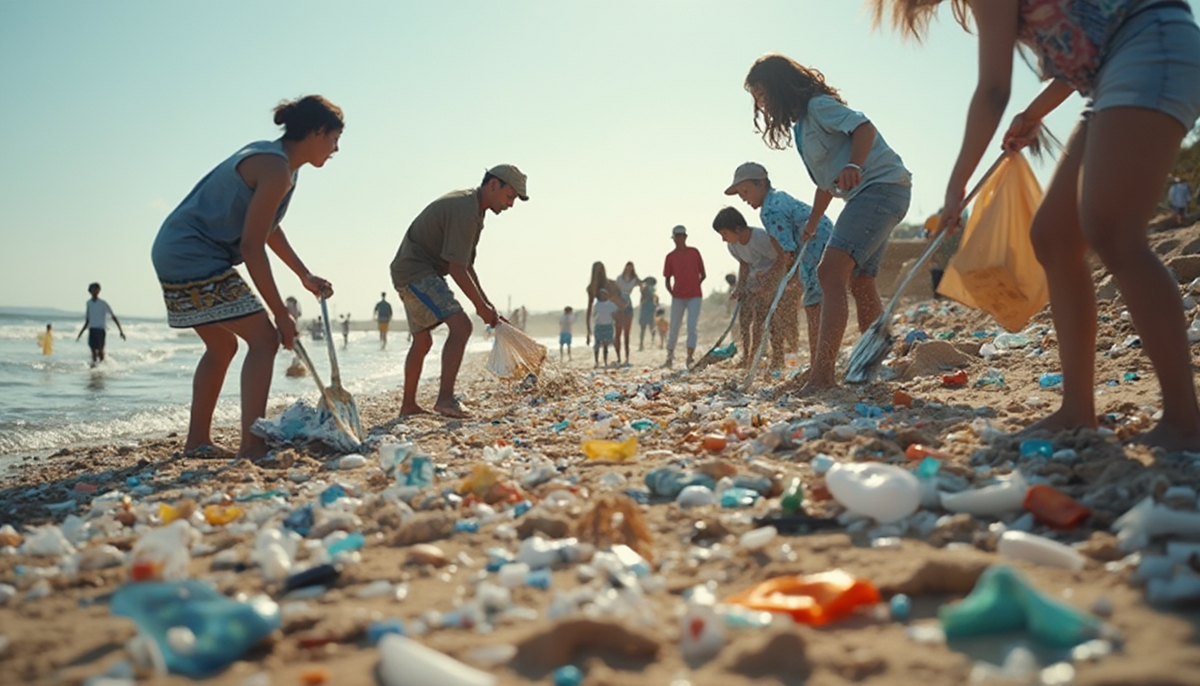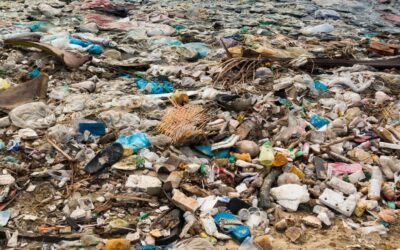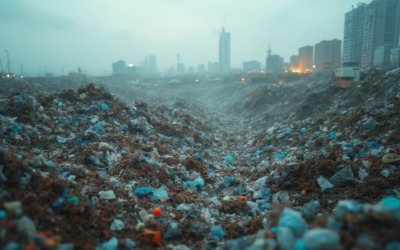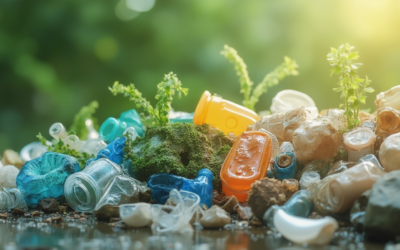Non-Governmental Organisations (NGOs) play a vital role in combating plastic pollution, harnessing advocacy, education, and community initiatives to foster significant environmental change. This post delves into how NGOs are pivotal in the fight against this pervasive pollution, promoting sustainable practices, and influencing policy changes globally.
Key Takeaways
- Advocacy and Policy – NGOs impact legislation and public policies to regulate and reduce plastic pollution.
- Education – They raise global awareness about the implications of plastic waste.
- Community Initiatives – NGOs mobilize community action for direct involvement in clean-up and recycling efforts.
- Sustainable Practices – Promoting alternatives to reduce reliance on plastics.
- Global Collaboration – Engaging in partnerships to strengthen international response towards plastic pollution.
Table of Contents
- The Role of NGOs in Plastic Pollution
- Advocacy for Policy Changes
- Community Engagement and Actions
- Economic and Social Impacts on Plastic Reduction
- Conclusion
The Role of NGOs in Plastic Pollution
NGOs are at the forefront of addressing environmental challenges, particularly plastic pollution. By conducting rigorous research and fostering education, they provide indispensable insights which shape global discourse and action against plastic pollution.

Awareness and Educational Campaigns
NGOs leverage social media, workshops, and public events to enlighten the population about the dangers of plastic waste on ecosystems and human health. This helps in altering public perceptions and encouraging eco-friendly behaviors.
Learn more about the environmental impact of plastics in our article on environmental impact of plastic waste and sustainable alternatives.
Advocacy for Policy Changes
NGOs often play a critical role in shaping policies by lobbying for regulations that aim to reduce and manage plastic pollution. They work extensively to ensure that policy frameworks reflect sustainability principles and effective waste management practices.

Pushing for Stringent Legislation
Organizations like Greenpeace and the World Wildlife Fund have been instrumental in pushing for international agreements to mitigate plastic pollution, showcasing the power of well-organized advocacy.
Community Engagement and Actions
NGOs are pivotal in mobilizing local communities for beach clean-ups and educational projects that promote recycling and waste management. These grassroots movements not only help reduce pollution but also build community resilience against environmental hazards.

Promoting Recycling and Reuse Initiatives
By initiating recycling programs, NGOs help in significantly reducing the footprint of plastic waste. These programs are critical in cities where industrial and consumer waste management is a challenge.
Economic and Social Impacts on Plastic Reduction
The advocacy by NGOs not only addresses environmental issues but also brings to light the economic advantages of reducing plastic use. These involve lessening the reliance on single-use plastics and fostering industries around sustainable alternatives.

Endorsing Alternative Materials
Supporting the development and use of biodegradable materials provides a feasible alternative to traditional plastics, which NGOs heavily advocate to reduce plastic pollution sustainably.
Conclusion
NGOs are undeniably influential in battling the global crisis of plastic pollution. Through advocacy, community engagement, and public education, they effectuate tangible changes that contribute toward a more sustainable planet.
To explore more about sustainability and how you can get involved, visit our Knowledge Hub.
Join Bhumi’s efforts by donating or contacting us to learn more about our projects and how you can contribute.




